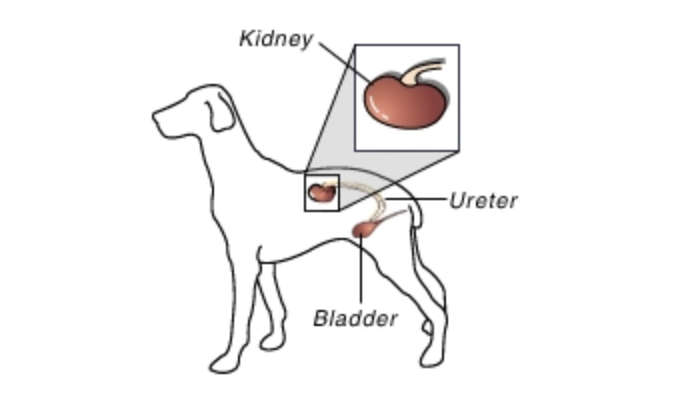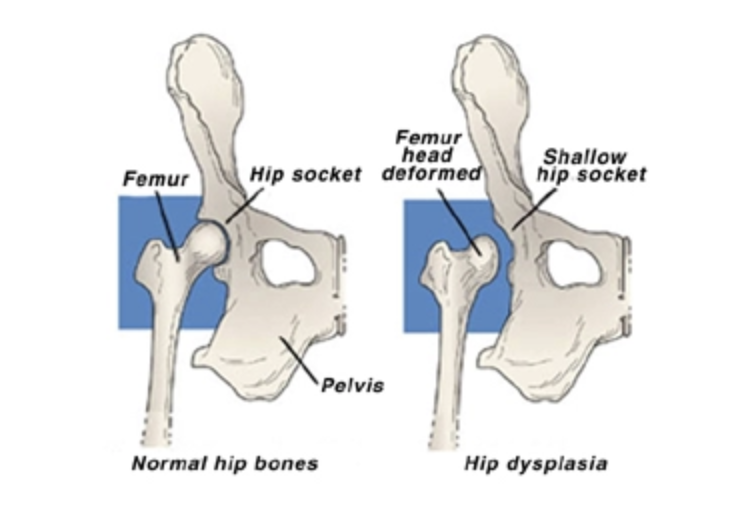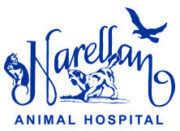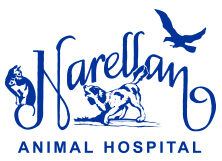Our Services
Health Screening Tests

Von Willebrand’s Disease
Knowing if your dog has this condition before an emergency situation arises can mean the difference between life and death. Similar to hemophilia in humans, von Willebrand’s disease can result in life-threatening bleeding. Many dogs that carry this disease in their genetic makeup go undetected until a minor surgery or small, superficial injury results in significant blood loss.
We offer testing for this disease, which is a highly inheritable trait in some breeds. As many as 50% of Dobermans are affected; other commonly affected breeds include German shepherds, German shorthaired and wire-haired pointers, golden and Chesapeake Bay retrievers, Pembroke Welsh corgis, poodles, Scottish and Manchester terriers, and Shetland sheepdogs. If you have an at-risk breed, we recommend that you have your dog tested.
Some animals show no signs of the disease but are carriers of this genetic problem. If these dogs are allowed to reproduce, they can pass the disease on to their offspring. If you are a breeder, we strongly recommend testing for von Willebrand’s disease before breeding your dogs. Please call us to schedule this test.

Renal Dysplasia
Renal dysplasia is a disorder in which the kidneys do not develop normally. It most commonly affects Shih Tzus, Lhasa Apsos, and soft-coated wheaten terriers. Dogs usually become clinically ill before one year of age.
Unfortunately, this genetic disease has no cure; many affected dogs will develop kidney failure. Management options are extremely limited and generally expensive. Although some dogs are only carriers of this disorder and have normal kidney function, they can still pass the trait onto their offspring.
If you’re a breeder, testing for renal dysplasia can significantly reduce your chances of breeding this inherited problem in your dogs. Please call us to schedule this test.

Hip Dysplasia
Canine hip dysplasia (abnormal development of the hip joint) begins when the hip joint in a young dog becomes loose or unstable. If left undiagnosed and untreated, this instability causes abnormal wear of the hip cartilage and ultimately progresses to osteoarthritis or degenerative joint disease. Signs of this condition are pain, reluctance to get up or exercise, difficulty climbing stairs, a “bunny-hopping” gait, limping, and lameness, especially after periods of inactivity or exercise.
Hip dysplasia most commonly affects large- and giant-breed dogs; however, smaller dogs can also be affected. Although genetics often play a role in this disorder, young dogs that grow or gain weight too quickly or get too much high-impact exercise are also at risk. Being overweight can aggravate hip dysplasia.
We can help prevent or slow this condition by monitoring food intake and ensuring that your dog gets proper exercise as he or she ages. We can also screen your dog for hip dysplasia, using one of two methods. The earlier we can diagnose hip dysplasia, the better the possible outcome for your dog.
We can x-ray your dog’s hips for hip dysplasia at 2 years of age. We will forward these radiographs to the OFA, where board-certified radiologists will evaluate and grade your dog’s hips for OFA certification. Correct positioning of your dog is essential for proper radiographic evaluation, so a general anaesthetic is required to make the procedure less stressful for him or her.
We can x-ray your dog’s hips using the PennHIP method for evaluating hip dysplasia in dogs, which can be performed much earlier (at 16 weeks of age) than OFA certification. Requiring a general anaesthetic, it involves x-raying your dog’s hips in three different positions to measure how loose the joints are and determine the presence or likelihood of osteoarthritis. If you are a breeder, consider using this test to help you select good breeding candidates at a younger age. If your dog competes athletically, consider using this technique to evaluate the future soundness of your dogs or puppies.


